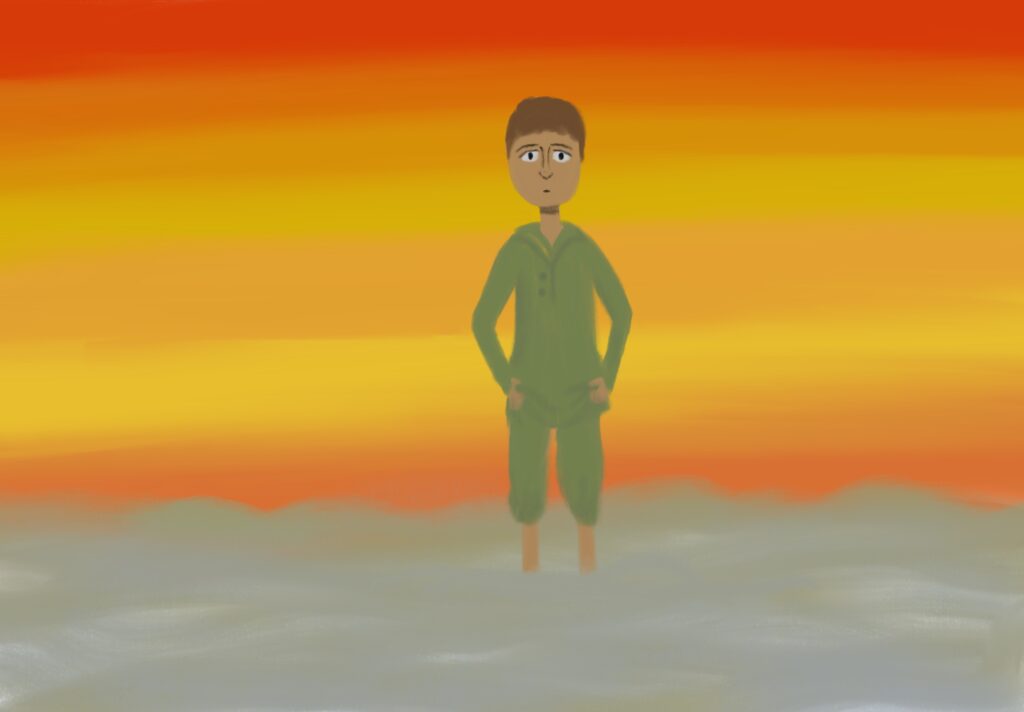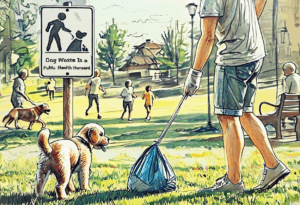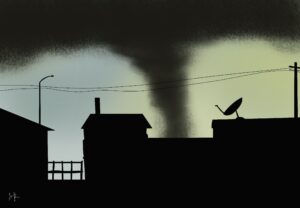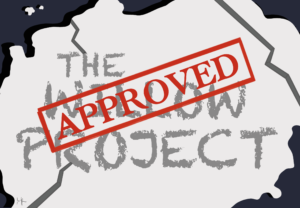
Since June, the monsoon season has left a catastrophic mark on the people of Pakistan as the floods have affected 33 million people (Disaster Philanthropy 2022)
The flood has inundated acres of cropland, killed livestock, and displaced at least 7.9 million people who are now forced to find refuge in relief camps.
Yet, this problem also highlights something other than the devastating physical destruction the floods have brought to Pakistan and its people. It reveals an increasingly stark pattern of inequity in climate.
“Pakistan has never seen a starker and more devastating example of the impact of global warming … Nature has unleashed her fury on Pakistan without looking at our carbon footprint, which is next to nothing. Our actions did not contribute to this,” said Pakistan’s Prime Minister Shehbaz Sharif.
Although Pakistan is responsible for less than 1% of global greenhouse gas emissions, climate change has affected the country with one of the worst weather disasters (Ghezali and Wahlah).
This idea circles back to the discussions recently at the COP 27 summit, where many countries criticized the rapid transition away from fossil fuels. For the past 200 years, developed countries like the United States and parts of the Western world have had the chance to exploit fossil fuels to industrialize quickly. Unarguably, the carbon-based economy has dramatically improved income and living standards. But now, as the consequences of climate change have become more evident and severe, a demand for a green agenda is preventing economic growth from developing countries that were never given the opportunity to capitalize on the fossil fuel industry.
On the other hand, if we continue to use fossil fuels, climate change will only worsen. And the countries most likely to be heavily impacted by disasters are the disadvantaged and developing ones. The same goes for people. Lower-income neighborhoods experience more extensive destruction, fewer opportunities to relocate to safer regions ahead of time, and less access to resources and healthcare. In addition, damages from climate change are discriminatory towards gender, just as much as income level. In fact, in times of disaster, women and children are 14 times more likely to die. This was especially evident during the flooding in rural areas of Pakistan, where “women tend to be married young and pregnant often, and are less likely than men to have survival skills like swimming, navigation and literacy, women—especially poor women—face a very tough next few months” (Prabhu).
One of the gravest issues of climate change is that its consequences and solutions pose disproportionate challenges to different groups of people. It is necessary to find a balanced way to reduce our carbon emissions quickly while ensuring the protection and safety of the people.
How to help Pakistan?
DONATE
1. Disasters Emergency Committee
2. Save the Children
3. UNICEF
4. Global Recovery Fund
Works Cited
Entcheva, Ruja. “2022 Pakistan Floods.” Center for Disaster Philanthropy, 2022, disasterphilanthropy.org/disasters/2022-pakistan-floods/.
Ghezali, Sonia, and Shahzaib Wahlah. “Reporters – Climate Change Leaves Pakistan Underwater.” France 24, 11 Nov. 2022, www.france24.com/en/tv-shows/reporters/20221111-climate-change-leaves-pakistan-underwater. Accessed 7 Feb. 2023.
Okai, Asako. “Women Are Hit Hardest in Disasters, so Why Are Responses Too Often Gender-Blind? | United Nations Development Programme.” UNDP, 24 Mar. 2022, www.undp.org/blog/women-are-hit-hardest-disasters-so-why-are-responses-too-often-gender-blind.
“Pakistan PM Decries Climate Carnage: “Did Not Contribute to This.”” Www.aljazeera.com, 24 Sept. 2022, www.aljazeera.com/news/2022/9/24/pakistan-pm-decries-climate-carnage-did-not-contribute-to-this.
Prabhu, Maya. “Pakistan’s Flood Crisis Is Particularly Tough on Poor Women. Here’s Why.” Www.gavi.org, 23 Sept. 2022, www.gavi.org/vaccineswork/pakistans-flood-crisis-particularly-tough-poor-women-heres-why.
The views and opinions expressed are those of the authors and do not necessarily reflect nor represent the Earth Chronicles and its editorial board.









